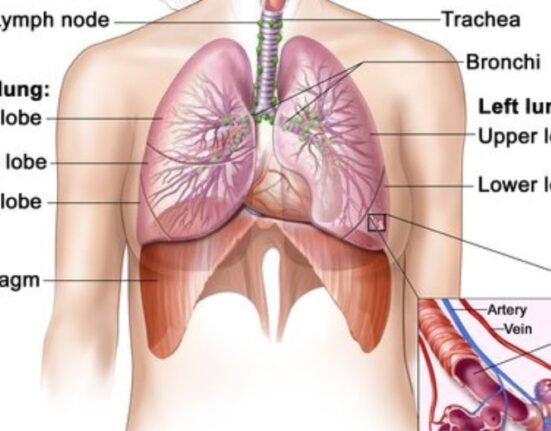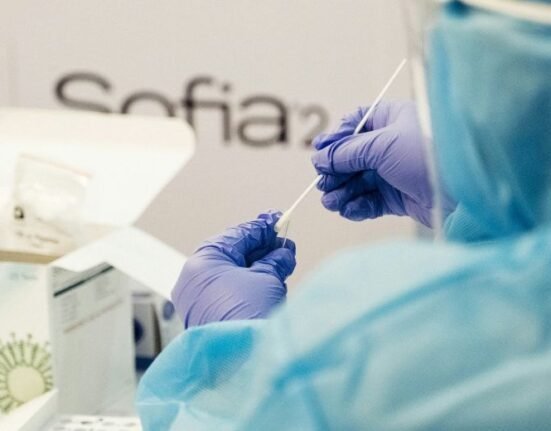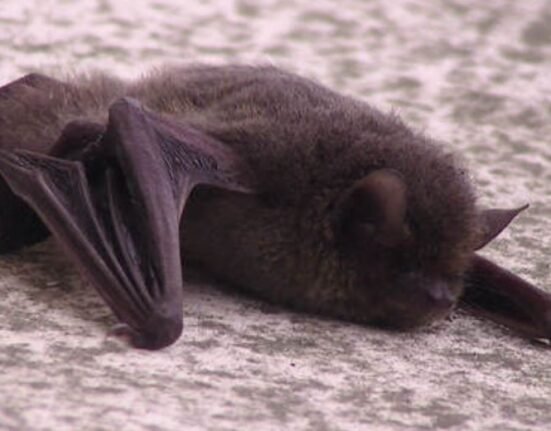HQ Team
November 17, 2022: COVID-19 can reactivate latent viruses from previous infections, particularly in people with chronic fatigue syndrome, according to a study from Linköping University in Sweden.
Severe, long-term fatigue, pain and sleep problems are signs of myalgic encephalomyelitis or chronic fatigue syndrome or ME/CFS. The exact cause of this condition is not known, but it is known to follow a viral or bacterial infection. The fatigue persists long after the infection goes.
Since the cause is not known, diagnostic tests have not been developed.
“This patient group has been neglected. Our study now shows that objective measurements are available that show physiological differences in the body’s reaction to viruses between ME patients and healthy controls,” says Anders Rosén, professor emeritus in the Department of Biomedical and Clinical Sciences (BKV) at Linköping University, and leader of the study.
Several research studies suggest that a new infection can activate viruses that lie latent in the body’s cells after a previous infection. Several herpes viruses, for example, can remain in a latent state in the body and can be reactivated many years later.
The SARS-CoV-2 coronavirus in the past two years has given researchers a unique opportunity to study what happens in people with ME/CFS during a mild virus infection.
The research group studied ninety-five patients diagnosed with ME/CFS and 110 healthy controls for a year. The researchers analysed samples for antibodies against SARS-CoV-2 and latent viruses and found a special fingerprint of antibodies against common herpes viruses in the saliva. One of these viruses was the Epstein-Barr virus (EBV), which has infected nearly everybody. Most people experience a mild infection during childhood.
People with EBV in the teenage years can develop glandular fever, commonly called mononucleosis, and also known as “kissing disease”. The virus then remains in a latent condition in the body and can flair up when the immune system is compromised and can develop into lymphoma if not treated.
Almost half of the study participants were struck with the SARS-CoV-2 virus during the first wave of the pandemic. More than one-third of the cases were asymptomatic, so were not aware of the infection.
But in a saliva test, after the participants recovered from the virus, the researchers detected three latent viruses’ antibodies that were reactivated, one of them being EBV. The reactivation was significantly stronger in the ME/CFS group.
Rosén describes this as a domino effect: the new SARS-CoV-2 virus activates other latent, viruses in the body. The researchers suggest that this can, in turn, give rise to a chain reaction with an elevated immune. Previous studies have also shown that the mitochondria, which produce energy in the cells, are affected, which suppresses the energy metabolism of people with ME/CFS.
“Another important result from the study is that we see differences in antibodies against the reactivated viruses only in the saliva, not in the blood. This means that we should use saliva samples when investigating antibodies against latent viruses in the future,” says Anders Rosén.
Also, an overlap in symptoms was seen between the symptoms of ME/CFS and those of long COVID. Exhaustion after light exercise, brain fog and unrefreshing sleep are common symptoms. The researchers believe that the results from the study can contribute to developing immunological tests to diagnose ME/CFS, and possibly also long COVID.
“We now want to continue and carry out more detailed investigations into the immune response in ME/CFS, and in this way understand the differences between the antibody responses against latent viruses,” says Eirini Apostolou, principal research engineer, and lead author of the article.








